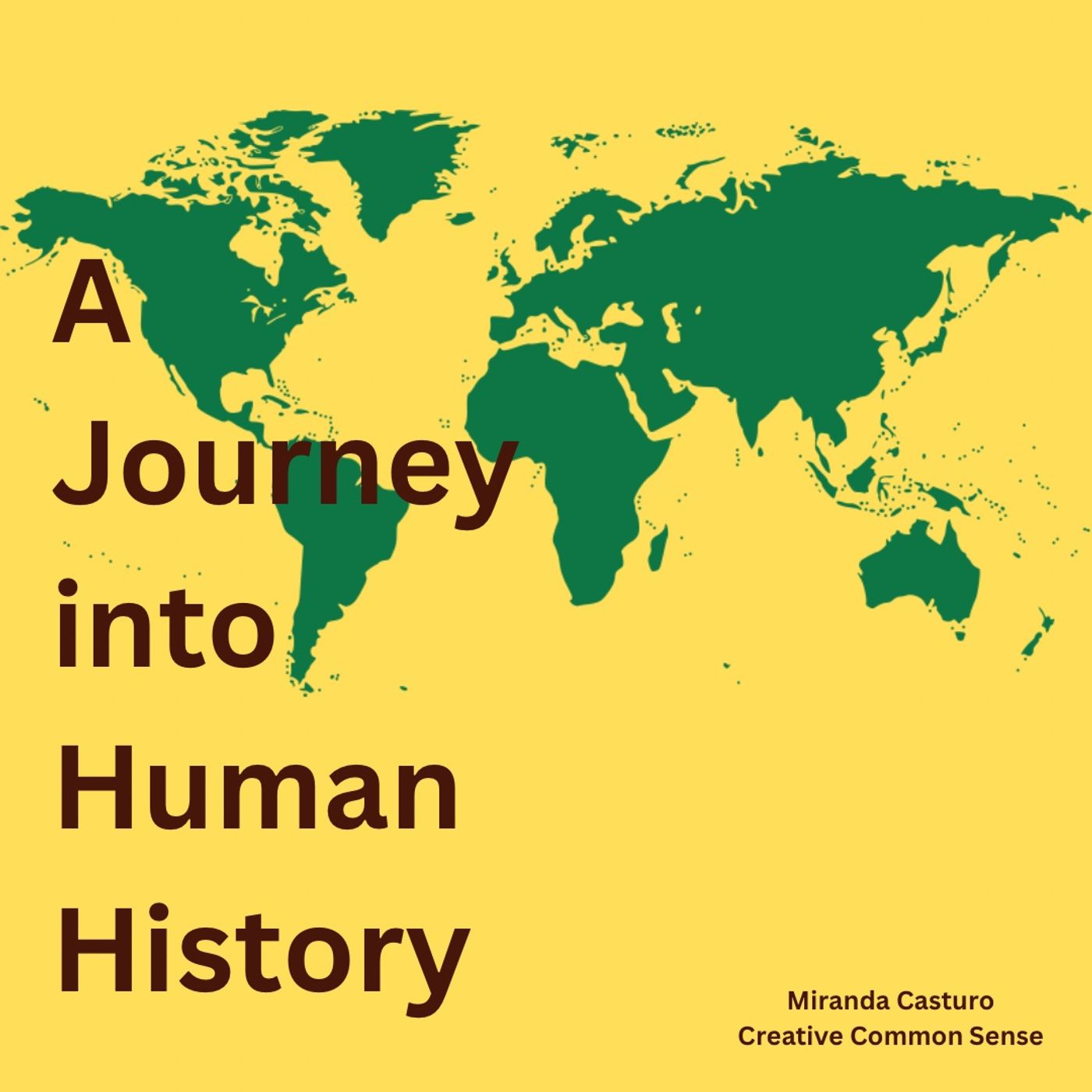The Atlantic Slave Trade
Description
To extract wealth from their colonies, over the course of the late fifteenth through the early nineteenth centuries, European nations shipped approximately twelve million enslaved African people across the Atlantic Ocean on the Middle Passage. Some ten million arrived alive to satisfy the labor needs of European planters, who grew cash crops like sugar, rice, and tobacco. These agricultural goods were shipped to Europe, and finished products made from them were shipped to Africa to purchase more captives from other Africans. This three-legged exchange made up the triangular trade. The slave trade brought some areas of Africa damaging population losses, and the importation of European goods also harmed African industries.
The majority of enslaved people labored in the Caribbean and Brazil growing sugar. The work was hard and dangerous, and many died. Nevertheless, enslaved people established ties with one another and found ways to maintain their human dignity and aspects of their culture. Europeans profited immensely from their labor, and many industries were enriched by either the slave trade or the sugar production that depended on it.
All images referenced in this podcast can be found at https://openstax.org/books/world-history-volume-2/pages/5-4-the-atlantic-slave-trade
Welcome to A Journey into Human History.
This podcast will attempt to tell the whole human story.
The content contained in this podcast was produced by OpenStax and is licensed under a Creative Commons Attribution License.
Access for free at https://openstax.org/books/world-history-volume-2/pages/1-introduction
Podcast produced by Miranda Casturo as a Creative Common Sense production.
More Episodes
Over the course of the eighteenth century, a series of famines and economic crises deepened wealth inequality and narrowed access to political power on both sides of the Atlantic. As the growing influence of the public sphere and Enlightenment ideas of equality and liberty shaped opposition to...
Published 12/25/23
Published 12/25/23
Over the course of the seventeenth and eighteenth centuries, the public sphere became an increasingly important component in the spread and development of Enlightenment ideas. As networks of informal socialization and intellectual exchange, coffeehouses provided a setting in which people from all...
Published 12/22/23


